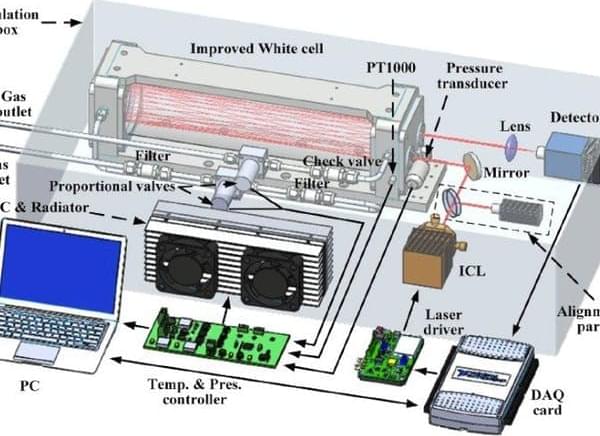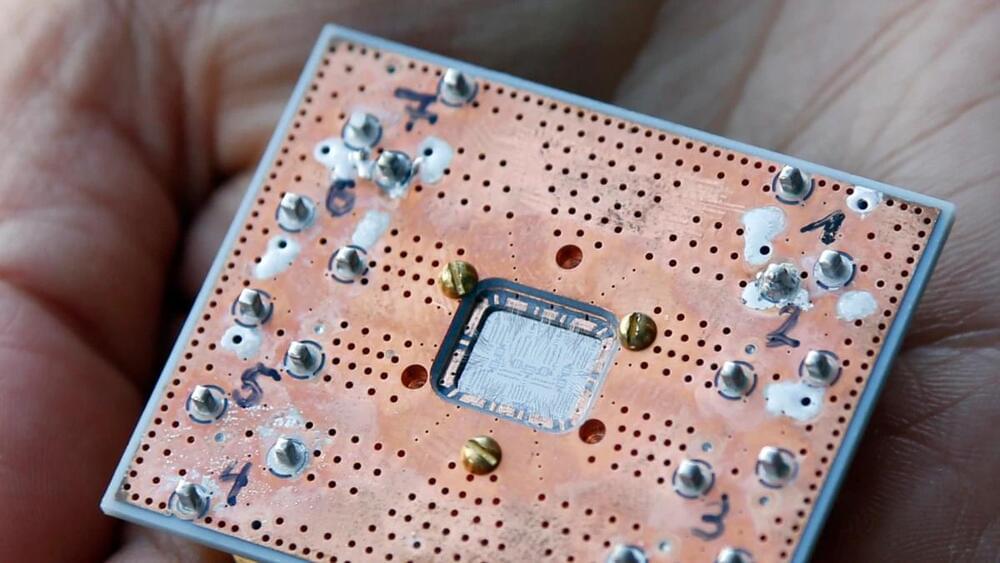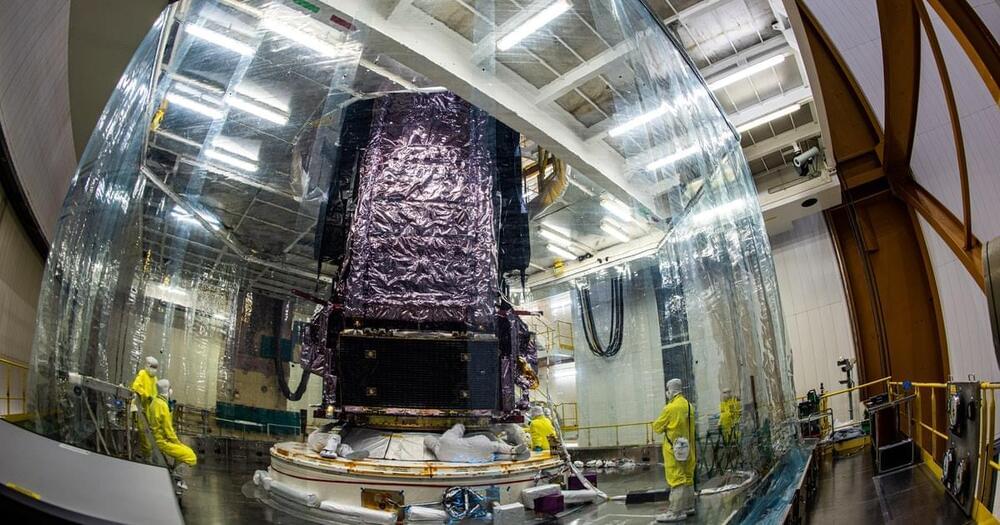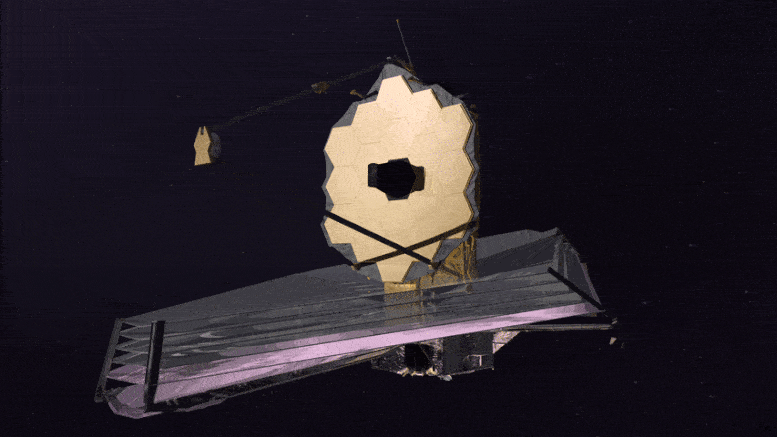A NASA spacecraft has officially ‘touched’ the sun, after it plunged through the unexplored solar atmosphere known as the corona, passing just eight million miles from the core of the star.
NASA’s Parker Solar Probe battled temperatures of 2370F and radiation 500 times stronger than on Earth as it made its eighth approach to the celestial body, finally passing through its upper atmosphere.
The flight occurred in April but scientists have only just been able to confirm the probe traveled through the corona, after waiting months for the data to arrive back from the spacecraft.






